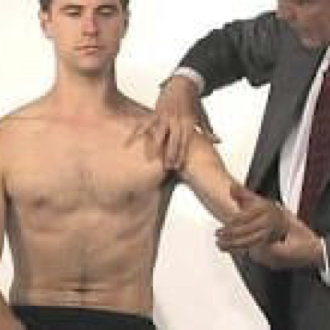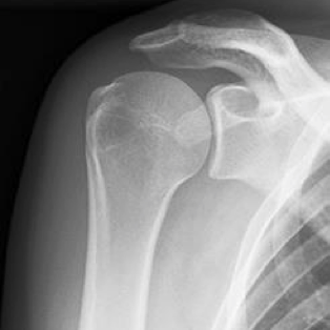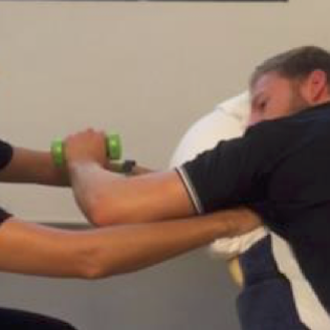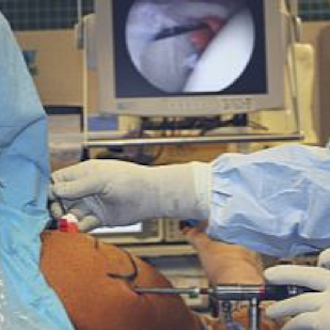Doctor Facts
For most shoulder pain, early surgery is very infrequently needed if utilising the correct rehab program.
When Is Urgent Surgery Possibly Required?
Displaced Shoulder Fracture
Dislocation (+/- fracture) with unstable joint
Complete massive sleeve avulsion of rotator cuff
Infection
Tumours (early review for decision on management)
When Is Early (at About a Month) Surgery Possibly Required?
Definite Subscapularis tendon tears
Large multi-tendon tear with major strength loss
Failure to gain strength despite correct rehab program
What Does Not Need Early Surgery?
and likely to improve with rehab, with surgery reserved for residual symptoms
Acute partial rotator cuff tears
Acute on Chronic Rotator cuff tears
Long Head of Biceps tendon ruptures in the over 50 year old
Patient who have not undergone the correct rehab program
Frozen Shoulder
Calcific tendonitis
Arthritis
10 Facts About Rotator Cuff Tears and Tendinopathy
FACT:
It has been estimated that less than 10% of all rotator cuff tears that are present in Americans over 60 years old are surgically repaired. That means that only a small proportion of rotator cuff tears are painful or limit activities. Being diagnosed with a tear does not mean you need surgery. FACT CHECK
However, some tears are painful and need to be treated. The goal of such treatment is to restore the shoulder to normal painless function and strength. This can usually be achieved with the correct rehabilitation, but with some patients ultimately requiring a surgical intervention. FACT CHECK
Research suggests that for partial and full thickness tears, a specific exercise program can reduce the need for surgery by about 65% and in fact, the published quality evidence is that the overall outcomes of surgery or physiotherapy are the same at 1, 2, 4 and 5 year follow up. FACT CHECK
The treatment is generally in a staged manner to first exclude other conditions, then restore rotator cuff strength and flexibility, with those shoulders remaining symptomatic, possibly proceeding to surgery. FACT CHECK
Some tears will enlarge and so repair or at least ongoing treatment and monitoring may be required to avoid long- term problems. FACT CHECK
Steroid Injections can sometime help, but the benefits are generally just short term, and they may cause long- term damage, as there is good evidence that steroids can cause additional tendon tearing. FACT CHECK
A plain x-ray is the most useful primary investigation for shoulder pain and will provide important information on many conditions including arthritis, instability and indicators of the chronicity of the possible cuff tear. Asymptomatic partial and full thickness rotator cuff thickness tears are so common in patients over 60 that they are often within normal limits for age related tendon changes. Thus, simply finding a tear on ultrasound is not an indication for surgery. FACT CHECK
There are very few shoulders that need urgent surgical care – the exceptions include persistent dislocation, complete rotator cuff tear following major trauma or if associated with fractures. FACT CHECK
Symptomatic shoulders that respond to the right therapy will do so within 3 months. Pain and function can settle quickly with the appropriate treatment but high-end function e.g overhead activity/repetitive manual work, can take longer. FACT CHECK
10. Around 90% of those shoulder that do well with physio, will retain this improvement in the long term. It is important to maintain good cuff function, and so a vulnerable shoulders should undergo regular cuff strengthening exercises in the long term to avoid a recurrence of symptoms. FACT CHECK
Bottom Line – Evidence based physiotherapy works for most, and those that need further treatment such as surgery will do better for the preparation of pre-operative strengthening and mobilisation - but incorrect exercises/progression can lead to multiple flare ups.
Important research by the WSC shoulder clinic team has enhanced our management of rotator cuff injuries by optimizing rehabilitation techniques to isolate the rotator cuff.
Other Factors that can contribute to a lack of progress with conservative treatment include:
Associated general health factors
Appeal of surgical option as a quick fix
Younger, acute, full thickness tears who will generally require surgical repair in due course.
Correct treatment requires careful assessment and diagnosis.
Pain and dysfunction in the shoulder can be generally divided into several distinct conditions. Some condition such as frozen shoulder may be difficult to diagnose in the early stages, but most shoulder present in a relatively characteristic pattern











